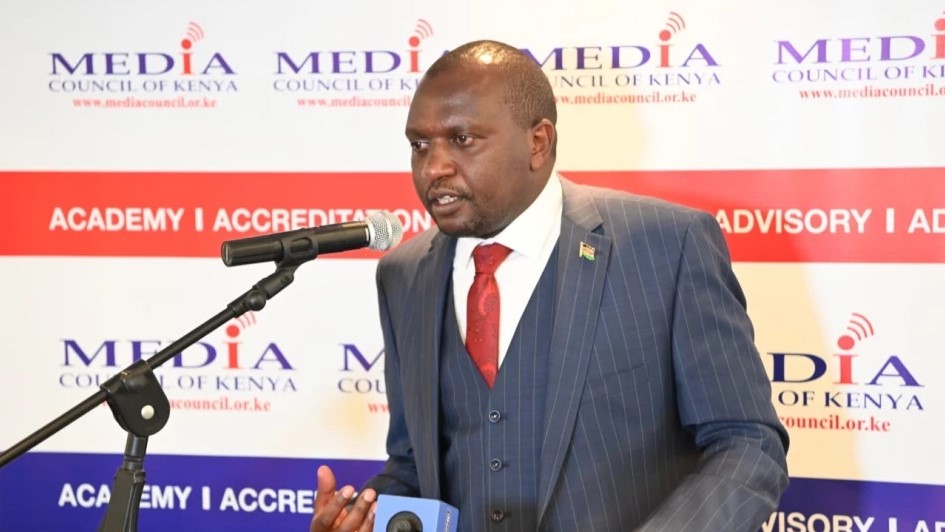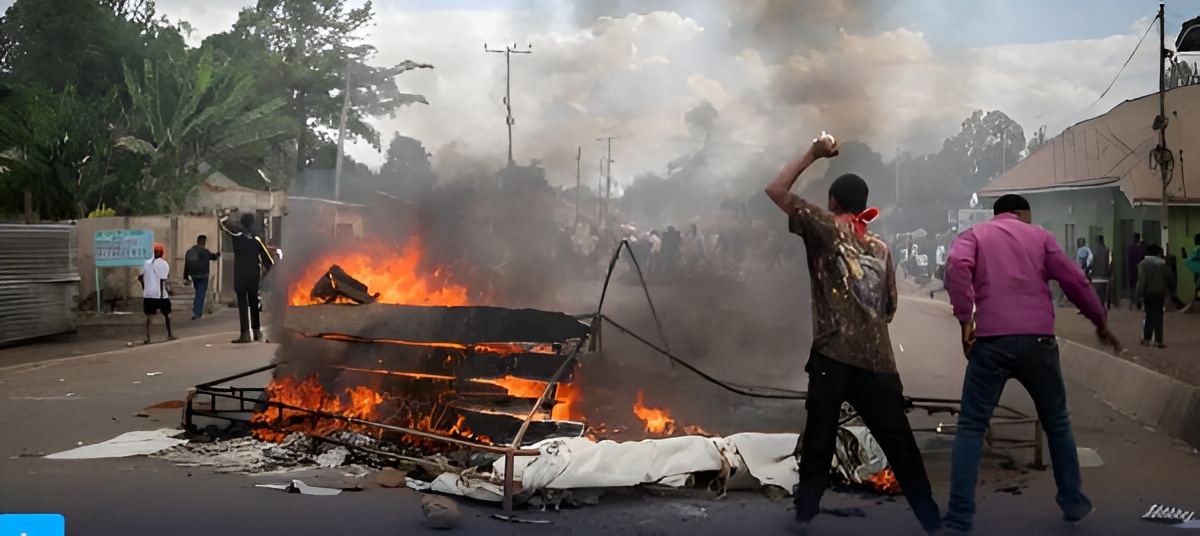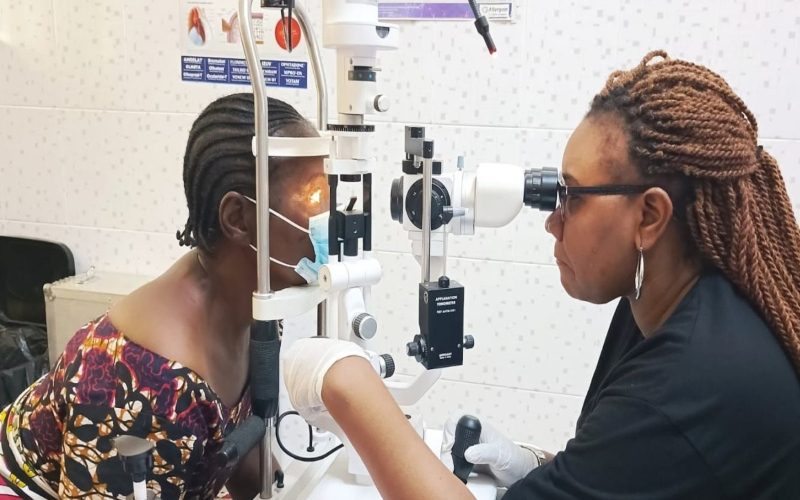Media council urges stronger collaboration between Parliament journalists

Omwoyo proposed that parliamentary sessions, especially those on national matters, should be broadcast live, except debates on national security.
The Media Council of Kenya (MCK) has called for a strengthened partnership between Parliament and the media to enhance transparency, accountability, and public access to legislative information.
This appeal was made by MCK CEO David Omwoyo during a Parliamentary Liaison Committee retreat held in Mombasa, where he stressed the importance of improved media coverage of parliamentary proceedings.
More To Read
- Media council cracks down on unapproved opinion polls ahead of by-elections
- MCK sounds alarm over increase of fake news on digital platforms
- Kenya outshines neighbours in media coverage of SGBV, femicide
- MPs demand clear plan as Treasury delays Sh864 million payments to media houses
- Media Council urges MPs to fast-track amendments to strengthen journalism regulation
- Media Council of Kenya proposes Sh1.5 billion AI system to tackle ethical violations
Parliament has come under scrutiny for limiting public participation in the legislative process, despite the Kenyan Constitution ensuring citizens' right to participate in lawmaking.
There are concerns about the lack of genuine engagement and transparency, with critics arguing that Parliament has failed to offer sufficient opportunities for the public to contribute to discussions and decisions, resulting in a feeling of exclusion.
In light of these concerns, MCK has urged for stronger cooperation between Parliament and the media to enhance transparency and accountability.
Omwoyo proposed that parliamentary sessions, especially those on national matters, should be broadcast live, except debates on national security. He argued that such broadcasts would help promote transparency and foster public understanding of legislative proceedings.
To support this, he recommended the establishment of a secure and fully functional press gallery and media centre to facilitate professional reporting.
"We should encourage live broadcasts of matters of national interest with the exception of debates on matters classified as national security matters in Parliament. This requires a secure and fully operational press gallery and media centre to facilitate professional reporting," said Omwoyo.
The MCK CEO also called for increased access to parliamentary committee meetings for both the media and the public, which he believes is crucial for ensuring accountability.
Maintaining press freedom
Omwoyo acknowledged the challenges Parliament faces in maintaining press freedom and guaranteeing the public's right to access legislative information. He also pointed out that parliamentary reports should be simplified and made more accessible to the public.
"There is limited access to primary parliamentary information. The National Assembly must ensure that reports are not only accessible but also simplified for public understanding," said Mr Omwoyo.
He urged lawmakers to adopt digital media strategies by hiring social media experts to manage their official platforms, ensuring prompt and precise communication with the public.
This digital engagement, he noted, would help bridge the gap between lawmakers and their constituents.
The media council emphasised the importance of ongoing media training on parliamentary affairs to enhance reporting and foster a clearer understanding of legislative processes.
The council proposed the development of clear guidelines for responsible reporting and a review mechanism to ensure the accuracy of media coverage of parliamentary proceedings.
Omwoyo urged MPs to adopt a national communication strategy that prioritises consistency, credibility, and public trust in parliamentary reporting.
He said public perception is shaped not by what lawmakers say or do but by what the media reports to the public.
Deputy Speaker Gladys Shollei echoed Omwoyo's views on the need for a structured approach to media relations.
She underscored the importance of ensuring journalists have unhindered access to information while maintaining transparency and accountability in parliamentary affairs.
Top Stories Today
















































